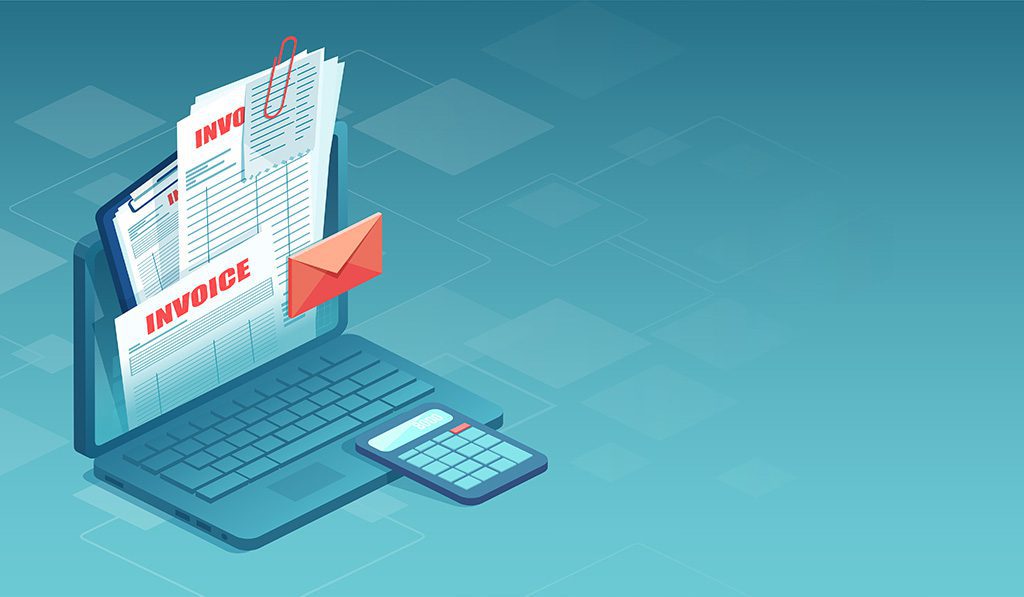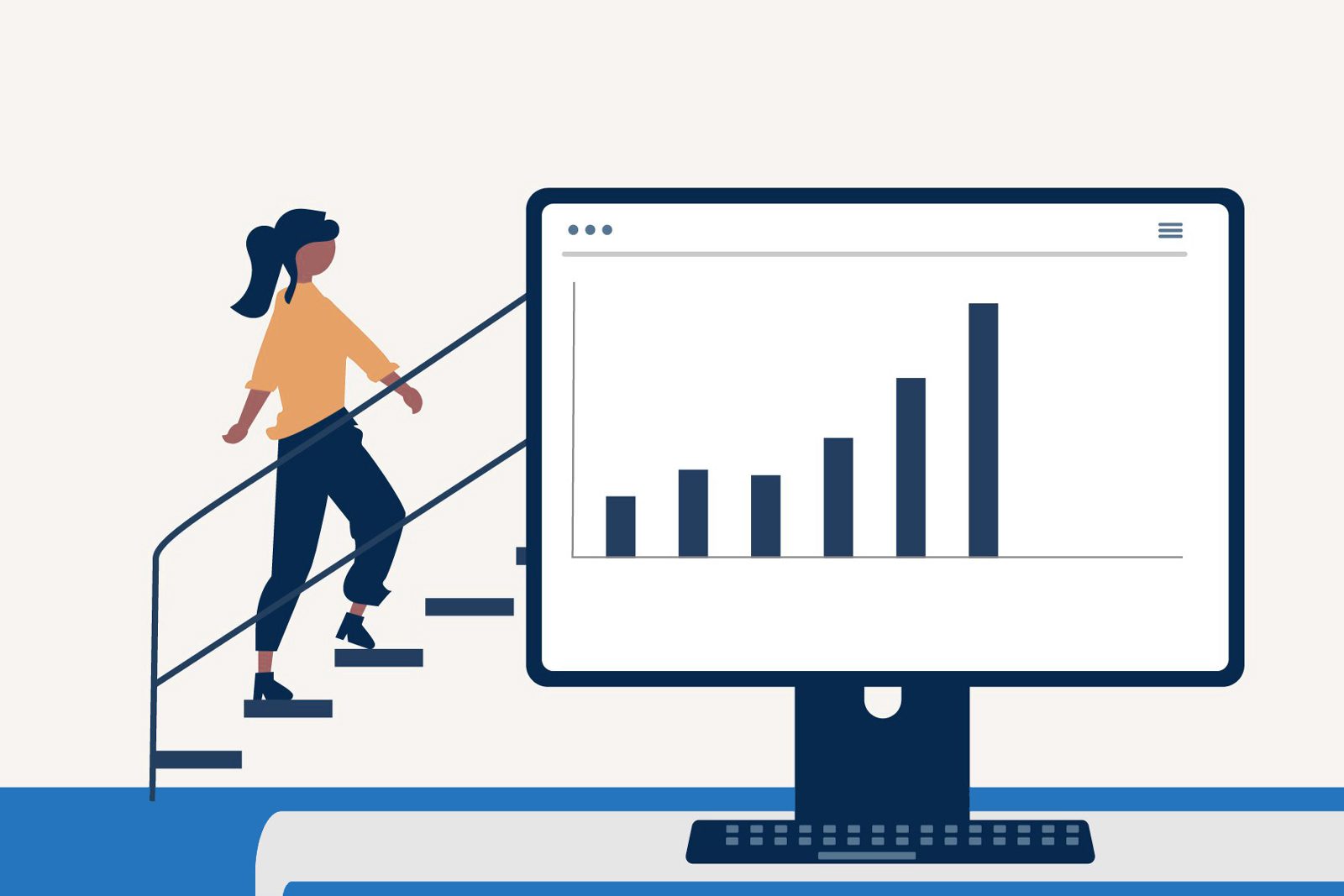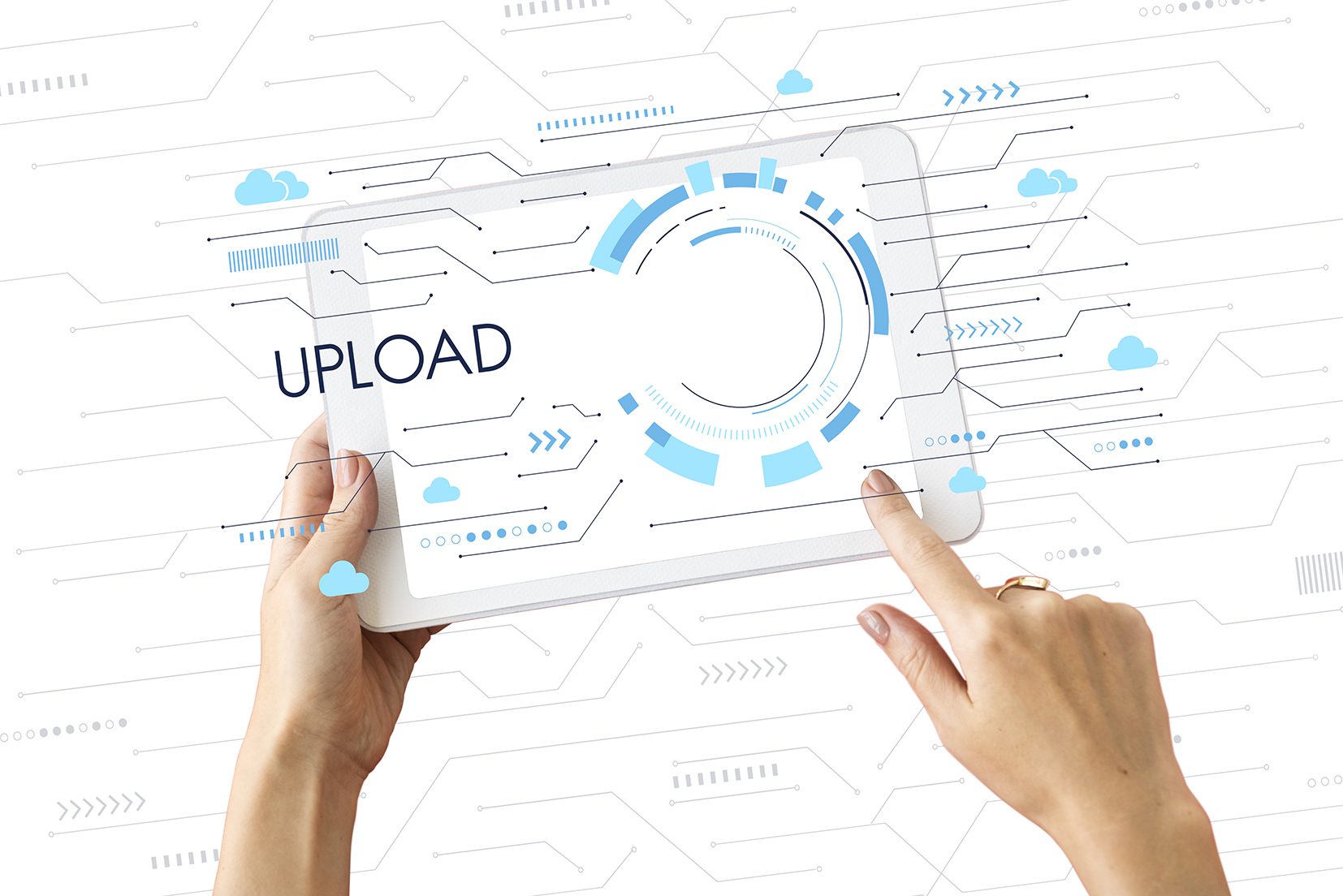Share
Read also

Trends & Views
Digital Transformation Strategies for Success
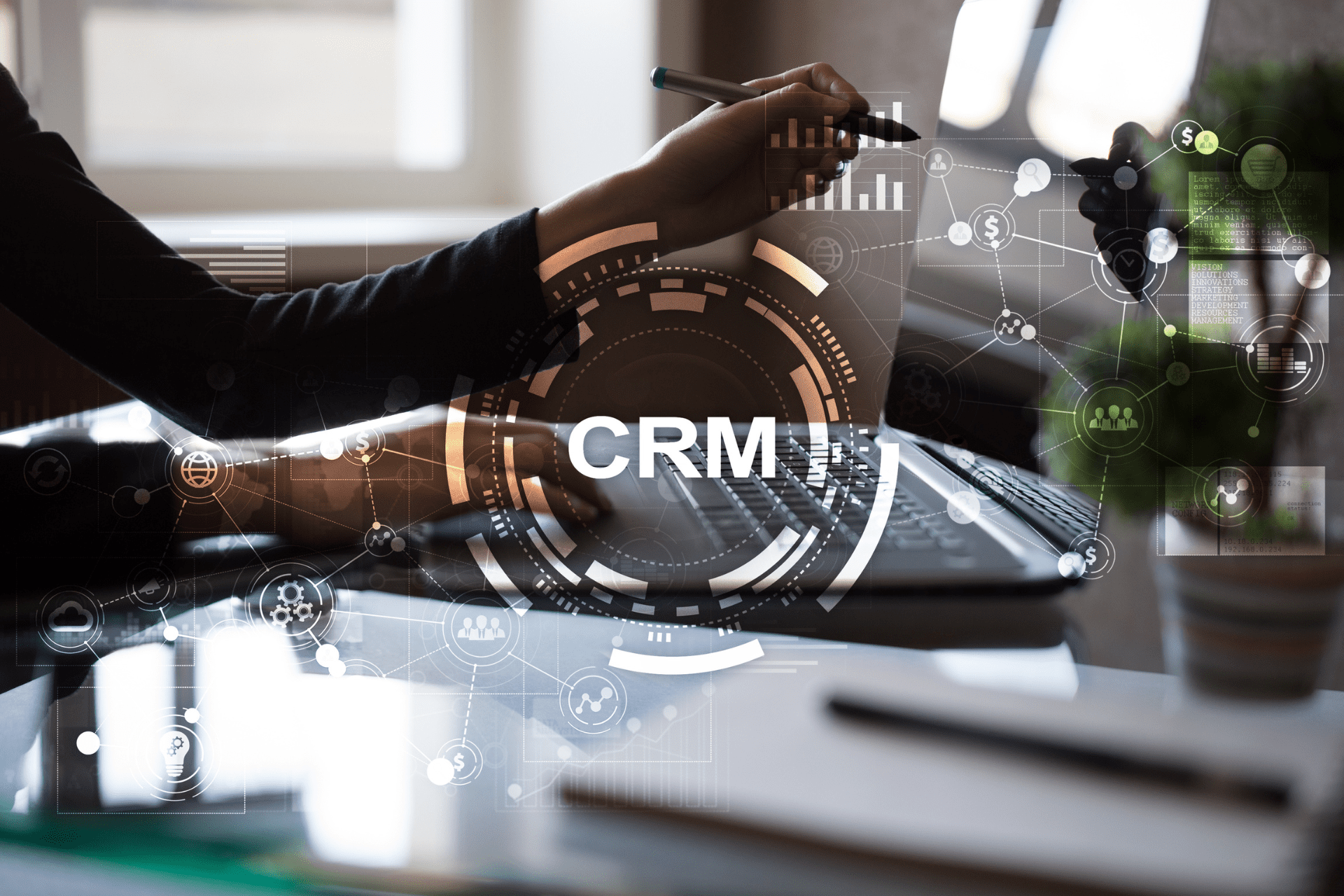
Business Software
CRM for Small Businesses and Seamless Integration
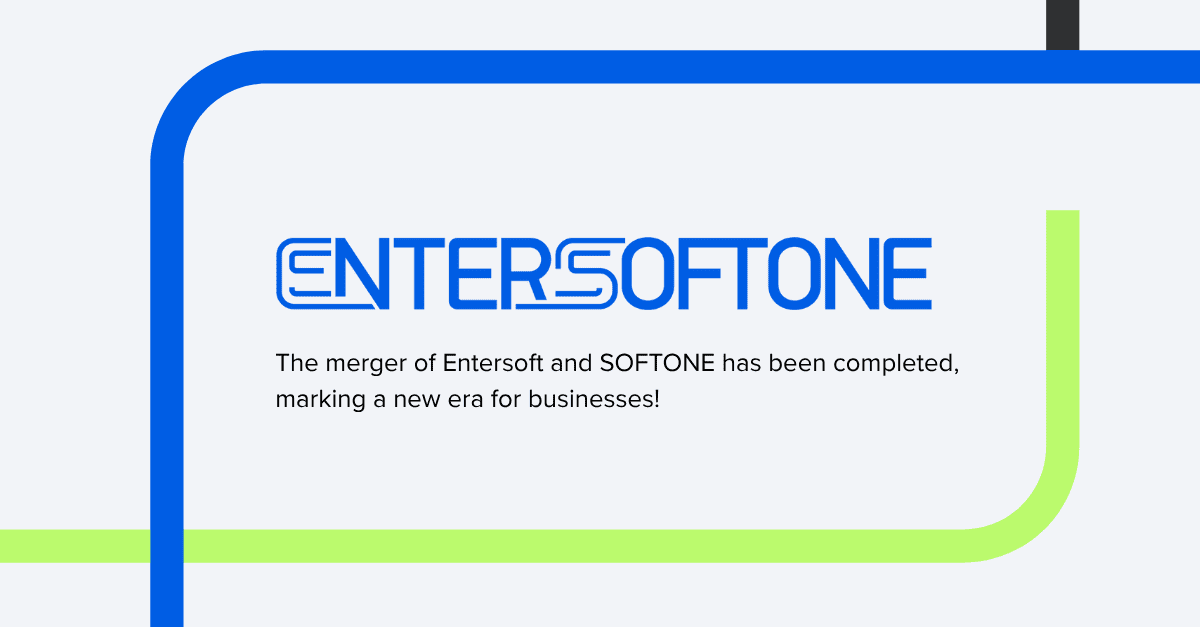
News & Events
ENTERSOFTONE: The merger of Entersoft and SOFTONE has been completed, creating the largest provider of business software products and services in Greece and Southeast Europe.
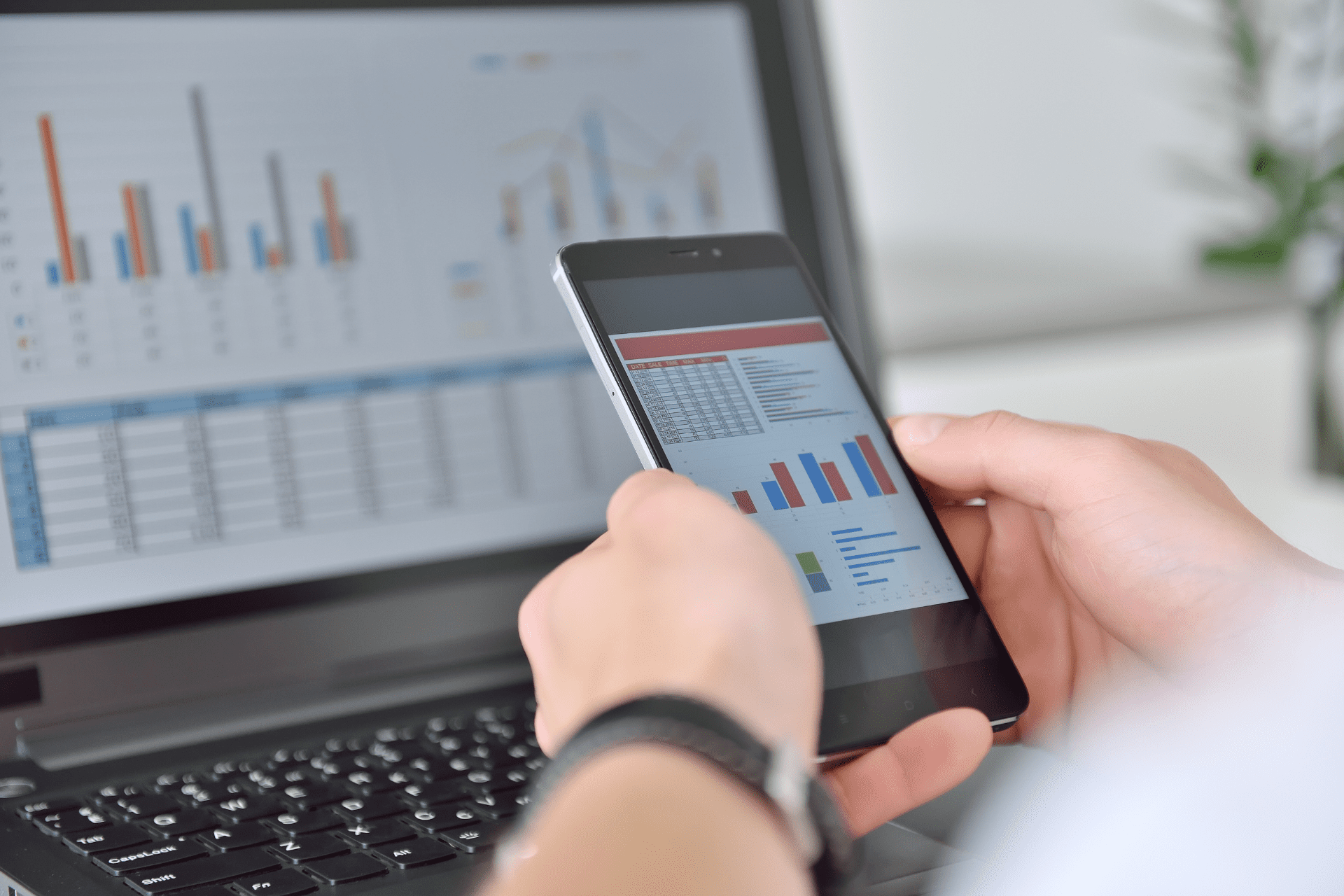
Mobility
Outlook for the BYOD and EM market from 2025 to 2035
Electronic invoicing allows businesses to exchange invoices directly between electronic systems, enabling faster payments between suppliers and customers. Especially during the pandemic, electronic transactions of all kinds increased significantly, leaving a legacy and expectations for the future. What is certain is that the post-pandemic era will certainly be different in terms of e-invoicing.
Although electronic invoicing is certainly not a new technology, its importance and value have taken on new dimensions in recent years. The Covid-19 pandemic has been the catalyst for many businesses to go digital and adopt new contactless technologies, such as e-invoicing, for specific reasons, as we will see below.
Streamlined and efficient procedures
Thanks to e-invoicing, businesses receive invoices, from various suppliers, without any contact, wherever they are. Electronic invoicing helps streamline the invoice processing cycle, reducing the extra man-hours required to process and approve invoices and monitor their progress, while eliminating human error. The results in the post-pandemic era are even greater savings in time and money, more resources available and increased productivity.
Increased transparency and accuracy
E-invoicing improves the transparency of invoices, purchase orders and agreements, allows invoice tracking and provides detailed audit trails. Accuracy is ensured through improved transparency and close monitoring of all steps of the process, leading to fewer errors and accuracy problems that could lead to incorrect or duplicate payments.
Effective compliance
E-invoicing is more than just a platform that complements digital invoices, as it enables a higher level of compliance. As the issue of compliance concerns both domestic and international transactions, the post-pandemic era has found businesses using e-invoicing even more competitive.
Reduced risks
Greater transparency in transactions means a reduced risk of fraud, human error, copying, omissions, etc. Businesses can save many hours and valuable resources previously required to verify data and oversee the process through all business functions.
Ecological perspective
With e-invoicing, businesses will significantly reduce the need for paper invoices. In addition to energy efficiency, this can reduce both waste and costs associated with processes and paper used in the supply chain.
